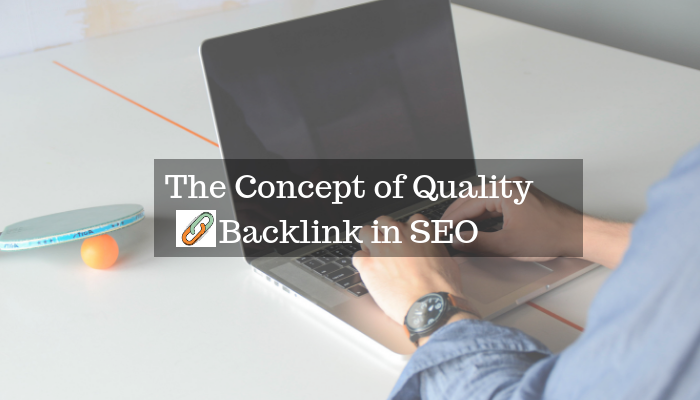On 23rd March our webinar on Publishing Your Book Digitally was interesting and packed with great info. Our panel consisted of Joanna Penn (Author and creator of the Author 2.0 Blueprint) and Gary Smailes(with over 10 years experience of the publishing industry).
They answered a lot of questions but we still had a few unanswered. This post answers those questions. If you have any questions, please leave them in the comments for our panel.
1. Hiring editors. How do I choose one? – [Suzanne Rosenwasser]
Gary Smailes:
I am biased on this question since I am a co-founder of BubbleCow.co.uk and an editor…
However, here’s three tips for finding an editor:
1. Word of mouth – ask around and see if you know anyone who has used an editor, Twitter is a great place to start.
2. Ask questions – not all editors are created equal. Check their experience, ask questions and don’t part with cash until you are 100% happy. At BubbleCow, if we feel we can’t add value to a book, we just say no.
3. Know what you are buying – Some editors offer manuscript assessments or reader’s reports. These are not edits and are next to useless for writers looking to self-publish. At BubbleCow we offer in-depth edits as standard. This includes a copy edit, but also a structural assessment. Though this will look at (and correct) grammar etc. I would still always suggest a self-publishing writer also has a proofread carried out on their document at the very, very last stage.
2. Could you explain Pubit v. Smashwords. – [Rosalie Marsh]
Joanna Penn:
Pubit is specifically for Barnes & Noble Nook so if you upload your book there, it is distributed to that platform only. Smashwords has distribution with all the other sites like Apple, Sony, Amazon etc, so if you want maximum reach, use Smashwords. You can also go with Amazon & PubIt direct and then use Smashwords for the rest and just opt out of those channels so you’re not distributed twice. Also, PubIt is currently only for US residents, the rest of us can use Amazon and Smashwords.
3. I’m interested in hearing about the difference in publishing strategies for Kindle vs. iBooks, etc. [Wendy Jones]
Joanna Penn:
I’m not sure what specifically you mean by publishing strategies but basically if you use Smashwords you can have your book distributed to the Apple store as well as Amazon Kindle. I don’t think there is anything different in terms of marketing either – it’s all word of mouth as ever, plus getting good reviews.
4. What’s the quickest, most reliable way to build an ebook from previous published content in terms of formatting and getting it out there? [Ed Weinsberg]
Joanna Penn:
For quickest and most reliable (and best for the reader!) then go with a professional to convert your Word manuscripts into digital formats. This will ensure you don’t waste time and need to redo it if the formatting isn’t good enough, plus it will save you frustration and time.
5. For a business e-book – how many pages it should be and what should I charge for it – [Tamara Simon]
Gary Smailes:
It is always impossible to suggest the ‘best’ word count for any book. If you were heading down the traditional route I would say that 40K was a minimum. However, for business ebooks I would say that the word count is less important. However, I would strongly suggest you focus your attention on high value content. It is better to have a 10K book package with quality, than a 100K book of waffle. As for value, it comes in the content. If your book will save a business thousands then it is perfectly acceptable to charge hundreds for your book. The value is in the real life application of your ideas. However, recent evidence is suggesting that lower priced books ‘perform’ better in the Kindle charts. Yet I suspect a business book is after a niche reader, so will probably support a higher price. The long and short is to experiment…
6. Nielsons require different ISBN for each format.(H/c – S/c e-book) but do you need a different ISBN for each e-book platform ( Apple & Sony require ISBN) or does e-pub count as one platform regardless of reader. – [Rosalie Marsh]
Joanna Penn:
I have one ISBN for print and one for digital version which is assigned to all formats of my ebooks. On Smashwords you just assign that ebook ISBN to all the formats that require it. But no, you don’t need multiple ISBNs for ebook formats.
7. What are some of the best tools for keeping track of various sales and reports once your ebooks are up on a variety of vendors’ sites? [Kalen Cap ]
Joanna Penn:
Amazon KDP has a brilliant reporting suite where you can see daily/monthly sales and Smashwords has a similar program, so it’s all available online.
What are your thoughts? Would you like to add to the answers? Have questions about using e-book formatting and publishing? Leave your questions and suggestions in the comments for our panel.

